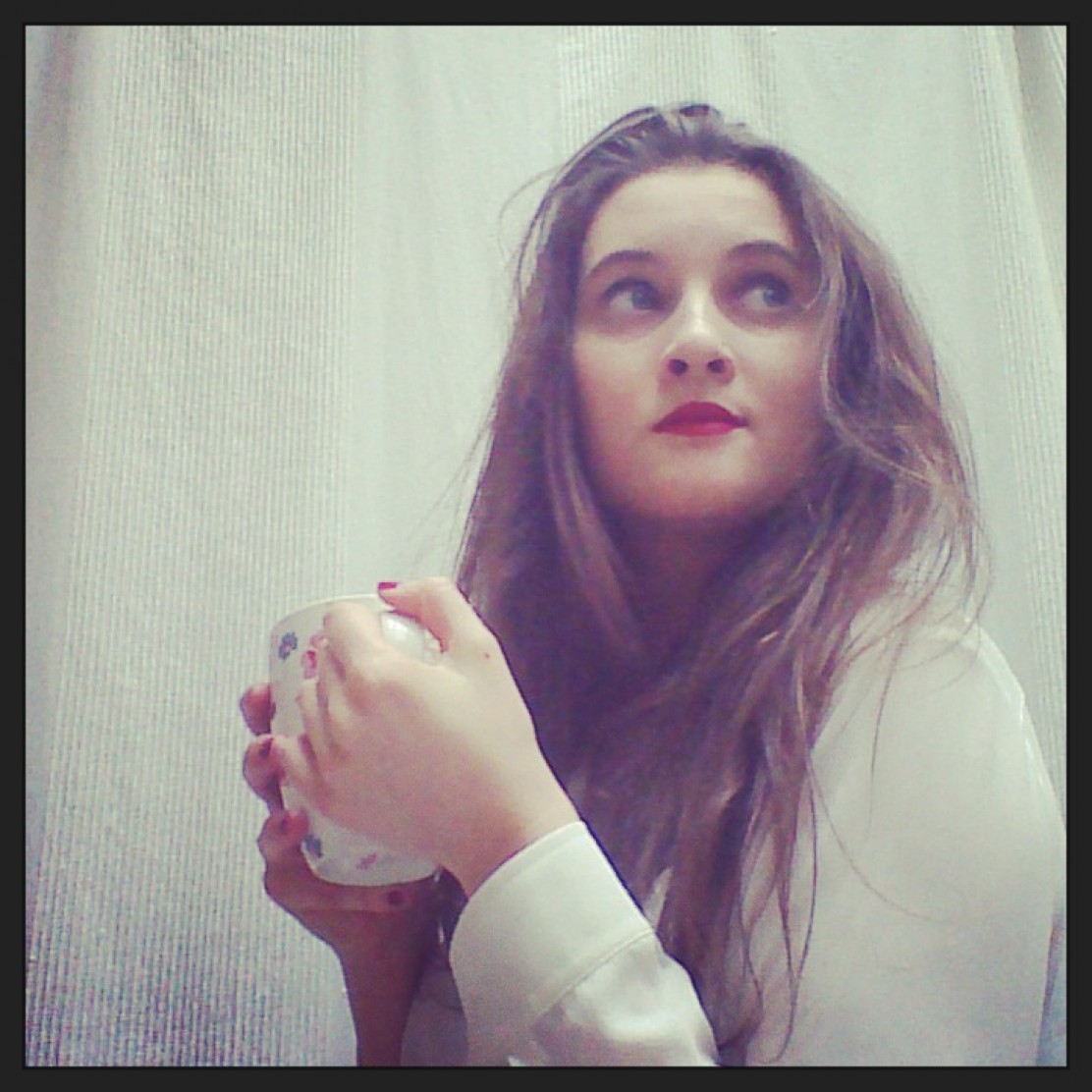I often think of the art world as a girls’ game. If you’ve ever been in am dram there always seems to be a plethora of female participants and only a few males to counter them. People often say the arts is where you should go if you’re a single straight guy.
However, the fact that there are more females in the industry often has a negative impact on our gender. The competition is much higher for female roles.
Whilst this is especially prevalent in performance role where the number of participants per gender is specifically outlined, it is not absent in the behind the scenes artistic roles.
Writing from experience is an inevitable part of the creative process. Therefore, the industry is not crowded by too many of the same type of writer. Therefore, there is still competition to be the younger writer on the scene, the international writer or indeed the female writer.
With the unfortunate trend of anti-feminists there are waves of people complaining about too many angst ridden females whining about inequality in the work they produce. This is undermining the work of many great female creators.
A writer may be discussing an issue that people find uncomfortable but that is ongoing in the industry today. This voice needs to be heard because it is still being stifled. But the fact that it is being stifled means that it is not adequately being elevated in the creative or commercial world.
It seems that the fact that there are many more women in the arts industry is not aiding us into having a fair and supportive work environment. It in fact seems that we may have to work harder to reach the same level as the less crowded field of males.
How can we counter this? If every work was anonymous and judged only on talent maybe the current field of writers would look different. And maybe it wouldn’t.
As women we must challenge ourselves to diversify our work to say what needs saying in a language that will engage with those who need to hear it.
It may not be fair and it shouldn’t be only our responsibility but if we do not fight for it ourselves we will not get it. The fact that the industry is filled with women means that we can influence its direction.
We may have to be sneaky, but nothing is more powerful than a women once scorned.
